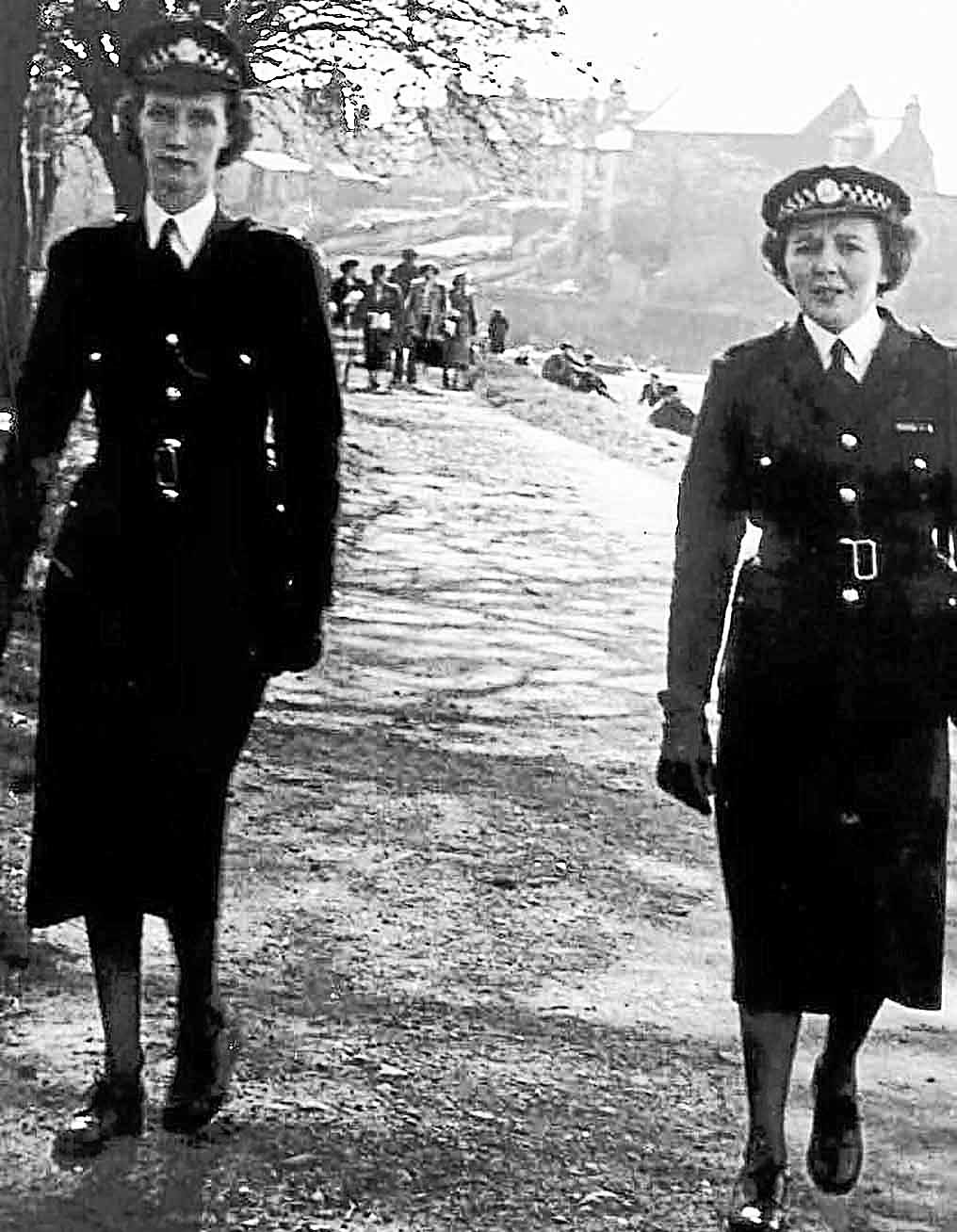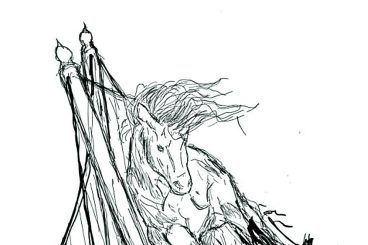According to a report on the county force, by William Black, there was one chief constable, one superintendent, five inspectors, 11 sergeants, two acting sergeants, 66 constables and two policewomen – with four vacancies at the time.
In addition, there were three clerkesses, two female telephonists and one cadet clerk also employed.
“A detective branch well equipped with scientific aids to crime detection and a traffic department form part of the establishment’, noted Black.
He listed transport as four patrol cars, nine motorcycles and 34 pedal cycles.
Headquarters was in Dumfries and police stations were located in Annan (one inspector, one sergeant and five constables); Lockerbie (one inspector, one sergeant and three constables); Kirkconnel and Gretna (one sergeant and three constables each); Langholm (one sergeant and two bobbies); Moffat (one sergeant and one officer); and Lochmaben and Sanquhar each had two constables; and there were also constables at Moniaive, Dunscore, Dalswinton, Glencaple, Collin, Clarencefield, Eastriggs, Canonbie, Eaglesfield, Ecclefechan, Johnstonebridge and Beattock.
Meanwhile, Black’s report also includes information on the Dumfries burgh police in 1844, when they were put under the control of Superintendent John Jones.
However, he had a baptism of fire and told the Commissioners that his orders were often disregarded, the constables were negligent and worked too long hours and the public were ‘inadequately protected’.
He described the burgh police office as being in a ‘very dirty and disagreeable state’, frequented by ‘loose characters who smoked and drank there’ and pointed out the cells were so filthy that no-one could be confined in them.
Improvements were soon put in place and the town was divided in three night beats, with shifts from 9 pm to 6 am, while day duty ran from 6 am to midday or 2 pm to 9 pm.
He had the station house cleaned and made comfortable and banned the practice of allowing people without lodgings to sleep there.
Another change was to stop the police calling the hour after 10 pm. This, he said, might be reassuring to citizens but also let potential evil doers know where the police were.














